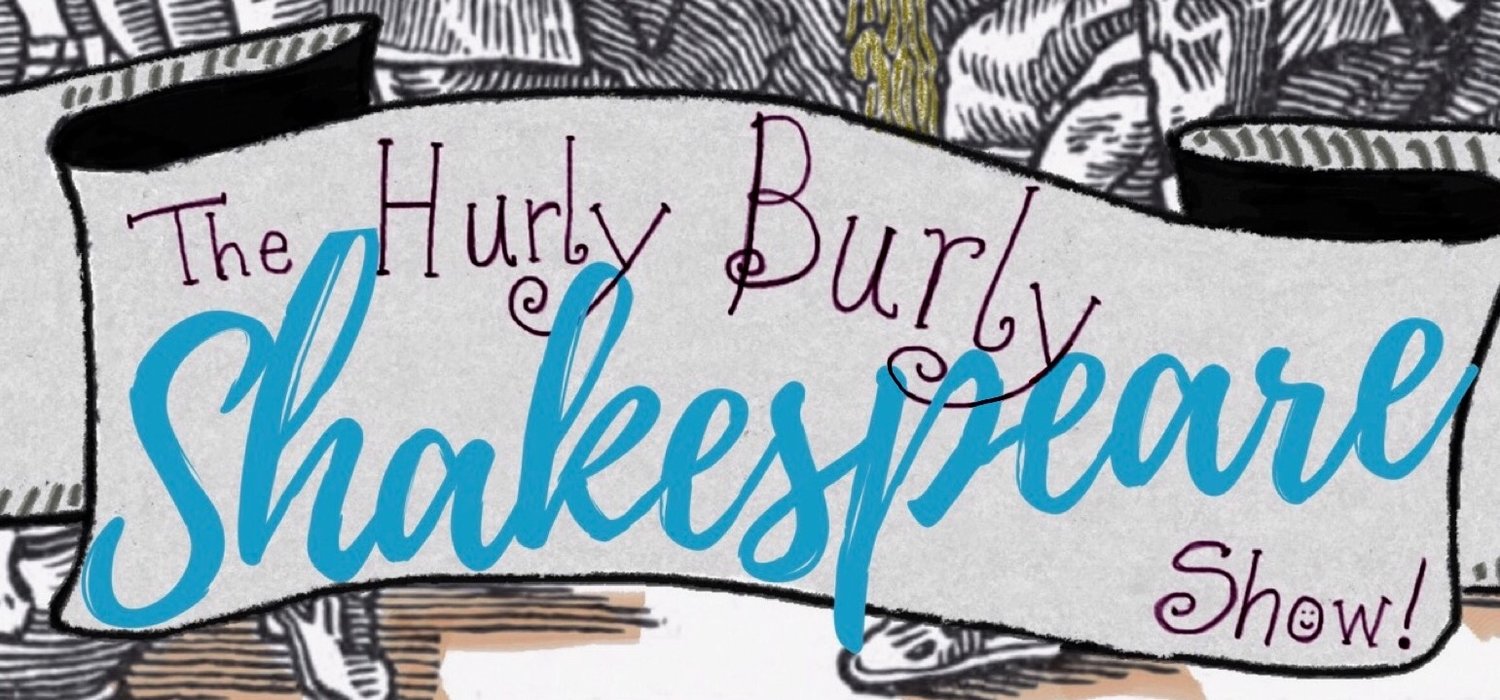This week we discover - or re-discover - just how fan-freakin-tastic (#tmesis) Julius Caesar is. The Rhetorical Device of the Week is aporia. Did you already know that? We think not. (That was aporia.) Our Burbage Break is all about early modern blood effects (spoiler alert: it's kinda gross) and the game this week is Line Roulette. And, because Caesar itself is such a concise, beautifully constructed play, we even manage to summarize it in under five mintes! In Tips and Tidbits we learn how this play even came to be in the Folio in the first place, and why this play is always timely and a useful play to use when teaching rhetoric. Addtionally, we provide you with a last-minute gift guide for the Shakespeareans in your life and we spill some *major* tea in our Shakes-Bubble Gossip feature. Happy holidays, Word Nerds! See you in 2018!

